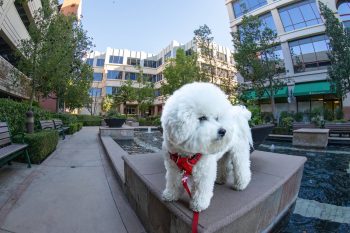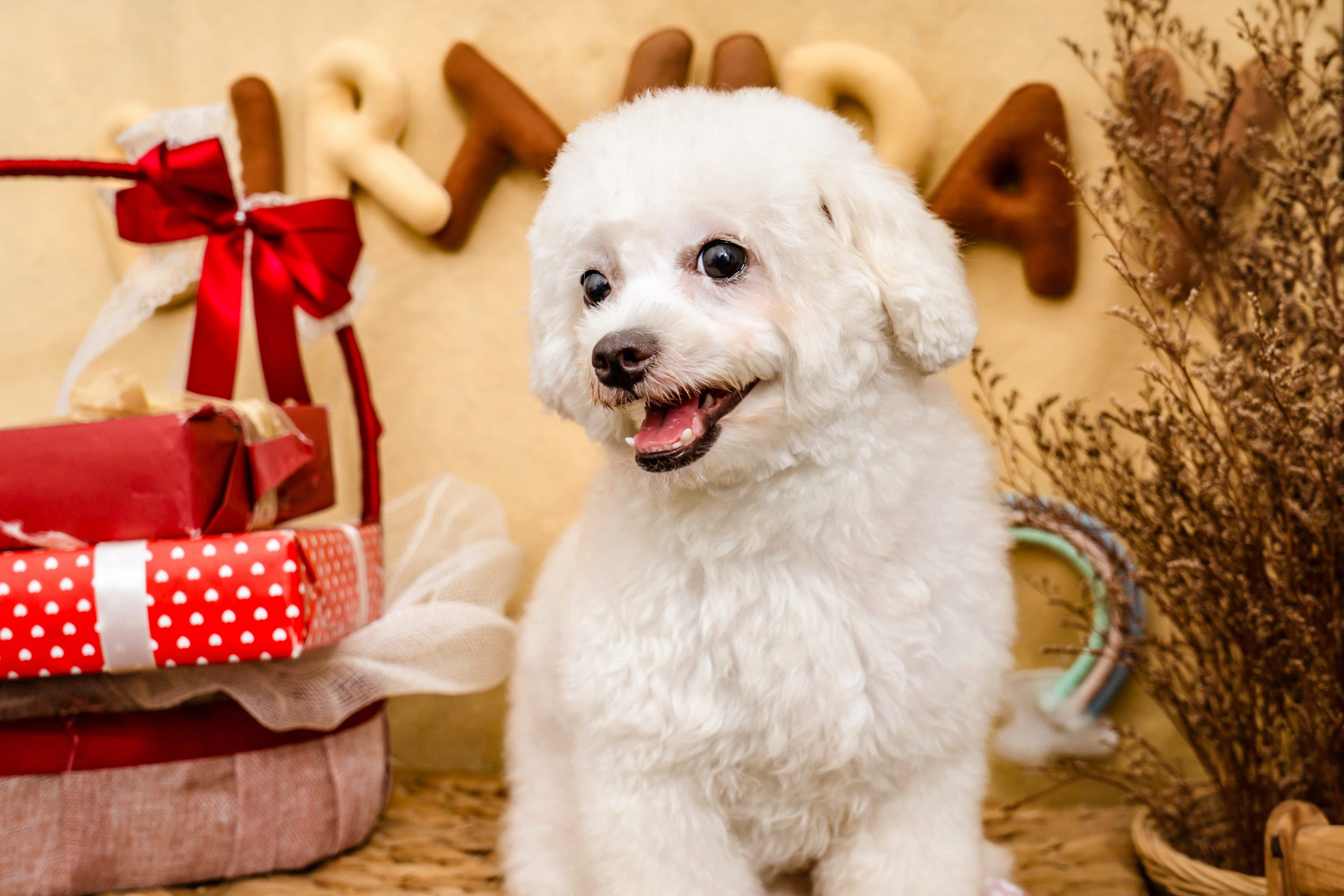
The Bichon Frise is a small breed known for its friendly disposition and a coat that’s soft and curly. Like all dog breeds, their dietary needs are specific and must be carefully managed to ensure they maintain a healthy weight and a glossy coat. This guide will navigate through the complexities of feeding a Bichon Frise, taking into account the caloric content of their food, their individual needs, and lifestyle.
1. Nutritional Needs of a Bichon Frise
Bichon Frises, like all dogs, require a balanced diet that includes a good mix of proteins, fats, and carbohydrates, as well as vitamins and minerals to keep their distinctive coats healthy and their energy levels consistent.
2. Calculating the Correct Portion Size
A Bichon Frise’s portion size can vary, but they typically require between ½ and 1 ⅓ cups of dry food per day, divided into two meals. This amount will vary based on the dog’s size, activity level, and the caloric density of the food.
3. Understanding Caloric Content
The caloric content of dog food varies widely between brands and types. It’s essential to check the nutritional information on the packaging to ensure your Bichon Frise is getting the right amount of calories for their size and activity level.
4. Feeding Frequency and Amount
The frequency of feeding a Bichon Frise can depend on their age and activity level. Puppies may require three to four meals a day, while adults typically require only two.
5. Adjusting Diet for Weight Management
Obesity can be a concern for Bichon Frises if they are overfed. It’s important to adjust their diet according to their weight and activity level to prevent health issues associated with being overweight.
6. Dietary Changes as Your Bichon Frise Ages
As Bichon Frises age, their dietary needs will change. Senior dogs may require fewer calories and benefit from a diet that’s high in fiber and includes supplements for joint health.
7. The Cost of Feeding a Bichon Frise
The monthly cost of feeding a Bichon Frise will depend on the choice of food. Premium brands can cost more, but they often provide better nutrition, leading to better health and potentially lower vet bills.
8. Treats and Extras
Treats should be given in moderation and account for no more than 10% of a Bichon Frise’s daily caloric intake to prevent overfeeding.
9. Special Considerations for Dietary Sensitivities
Bichon Frises can have sensitive stomachs or allergies, so it’s important to choose a diet that’s easy on their digestive system and avoids common allergens.
10. Tips for Transitioning to New Food
Any changes to your Bichon Frise’s diet should be done gradually over the course of at least a week to avoid digestive upset.
Conclusion
Feeding your Bichon Frise the correct amount of food is a delicate balance that can have a significant impact on their health and well-being. By understanding their unique needs and consulting with your veterinarian, you can ensure that your fluffy companion thrives.
Frequently Asked Questions About Feeding a Bichon Frise
1. How much should I feed my Bichon Frise each day?
A Bichon Frise typically requires ½ to 1 ⅓ cups of dry dog food per day, divided into two meals. This amount can vary depending on their size, age, and activity level, and it’s important to consider the caloric density of the specific food you’re using.
2. What type of food is best for a Bichon Frise?
Bichon Frises generally do well on high-quality, small-breed formula dry dog food that caters to their energetic nature and supports their coat health. Look for food that lists real meat as the first ingredient and avoids fillers like corn and soy.
3. Can I feed my Bichon Frise human food?
While some human foods can be safe in moderation, others can be dangerous. It’s best to stick to a high-quality dog food and consult with your vet before introducing human foods into your Bichon Frise’s diet.
4. How often should I feed my Bichon Frise?
Adult Bichon Frises should be fed twice a day to regulate their metabolism and prevent hypoglycemia. Puppies, due to their smaller stomachs and higher energy needs, should be fed three to four times a day.
5. Are there any common food allergies in Bichon Frises?
Bichon Frises can be prone to allergies, with some of the most common allergens being beef, chicken, wheat, corn, and soy. If you notice signs of allergies, consult your veterinarian for testing and diet modification.
6. How do I know if my Bichon Frise is overweight?
You should be able to feel your Bichon Frise’s ribs without a thick layer of fat and see a waistline when you look down at them. If they appear round or oval-shaped from above, they might be overweight, and you should consult your vet for a weight management plan.
7. How much water should my Bichon Frise drink?
A Bichon Frise should always have access to clean, fresh water. They typically need about one ounce of water per pound of body weight each day, but this can increase with activity level and environmental temperature.
8. Is it okay to free-feed my Bichon Frise?
Free feeding is not recommended for Bichon Frises as it can lead to overeating and obesity. It’s better to have a structured feeding schedule with measured portions to maintain their ideal weight.
9. Do Bichon Frises need wet food in their diet?
While wet food is not a necessity, it can be a good way to hydrate your dog if they don’t drink enough water, and it can be more palatable for picky eaters. However, it should be balanced with dry food to ensure proper nutrition and dental health.
10. How can I make sure my Bichon Frise is getting enough nutrition?
Ensure that the dog food you choose is AAFCO (Association of American Feed Control Officials) certified, which means it meets the nutritional standards required for dogs. Regular check-ups with your vet can also help determine if your Bichon Frise’s dietary needs are being met.
The post How Much Do You Feed a Bichon Frise appeared first on iHeartDogs.com.
via Whisker Therapy
